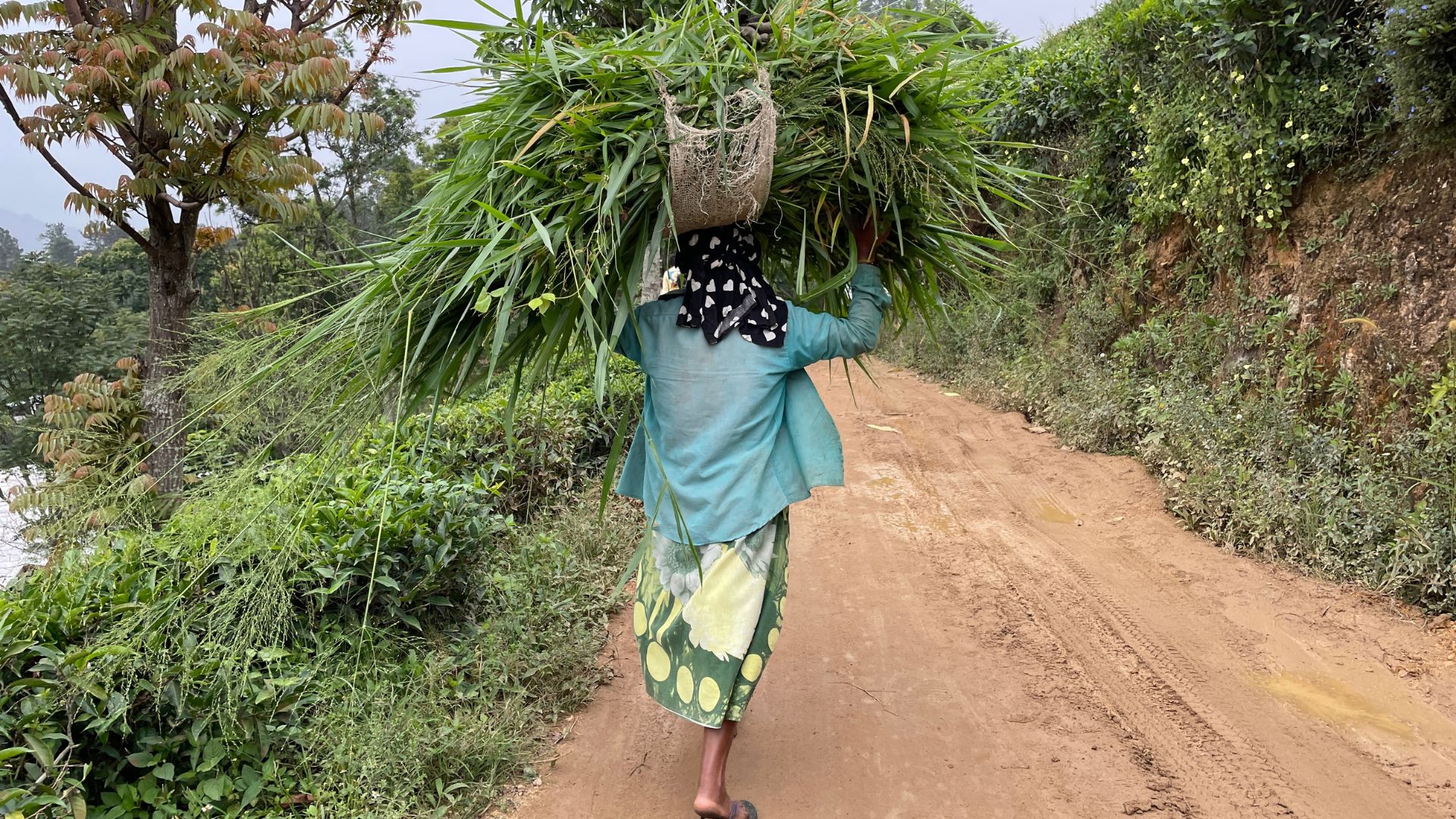Not surprisingly, the effects of climate change are not the same for everyone. This is what emerges from a report by the Food and Agriculture Organization of the United Nations (FAO). Titled Unfair climateshows that in rural areas of developing countries, women and the most vulnerable people are hit much harder by heatwaves and floods.
While this conclusion is not surprising, the report makes it possible to estimate these inequalities in the face of climate change by providing eloquent figures.
Read also: “Ecofeminism”: when gender and ecology converge
Loss of income and economic opportunities
The study was based on data from 109,341 families (or 950 million people) living in 24 low- and middle-income countries. These data were then cross-referenced with those recording rainfall and temperatures for a period of 70 years. The result shows that extreme weather conditions, which have become increasingly frequent in the last fifteen years, have a significant impact on the income of those interviewed, and therefore on their quality of life.
Therefore, in the case of “heat stress”, families headed by a woman suffer an 8% greater loss of income than those headed by a man. This loss is estimated at 3% in case of floods.
If the average temperature increased by just 1°C, these women would face a total loss of income 34% greater than men. The cause, according to the authors of the study, is the significant disparities in productivity and wages in agriculture between women and men, further accentuated by climate change.
Read also: Yes, climate change is sexist
An increase in gender inequalities
Because they are already disadvantaged compared to men, women in rural areas may have even more difficulty accessing property and services and may lack economic opportunities.
Climate change therefore translates into an increase in gender inequalities: as they lose income due to floods or extreme temperatures, women are more likely to occupy lower-paid positions, take on more domestic tasks and have greater difficulty supporting the burden of providing water, fuel and food.
A similar observation applies to families with the lowest incomes, whose precariousness impedes economic opportunities and limits their ability to travel to escape extreme climate conditions, the authors of the FAO report point out.
“Social differences created by geographic location, resource levels, gender and age have a strong, yet poorly understood, impact on the vulnerability of rural populations to the effects of the climate crisis. These findings highlight the urgent need to devote greater financial resources and political attention to issues of inclusion and resilience in global and national climate actions.said FAO Director-General Qu Dongyu.
Listen to Laisse-moi kiffer, Madmoizelle’s cultural advice podcast.
Source: Madmoizelle
Mary Crossley is an author at “The Fashion Vibes”. She is a seasoned journalist who is dedicated to delivering the latest news to her readers. With a keen sense of what’s important, Mary covers a wide range of topics, from politics to lifestyle and everything in between.





